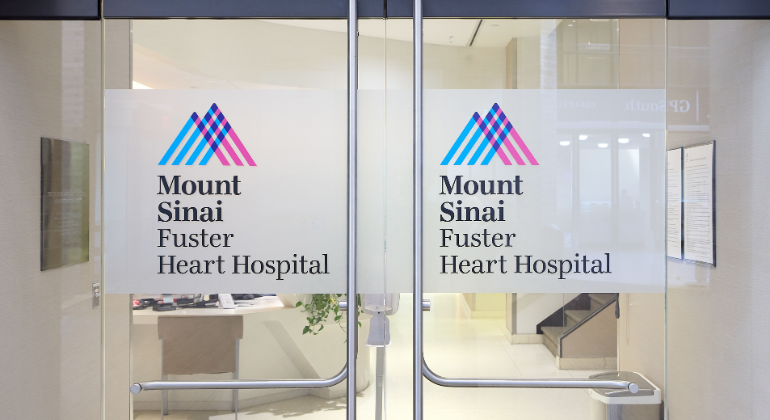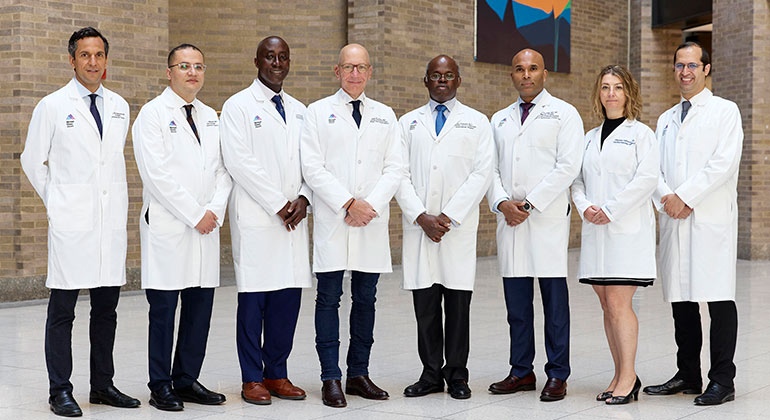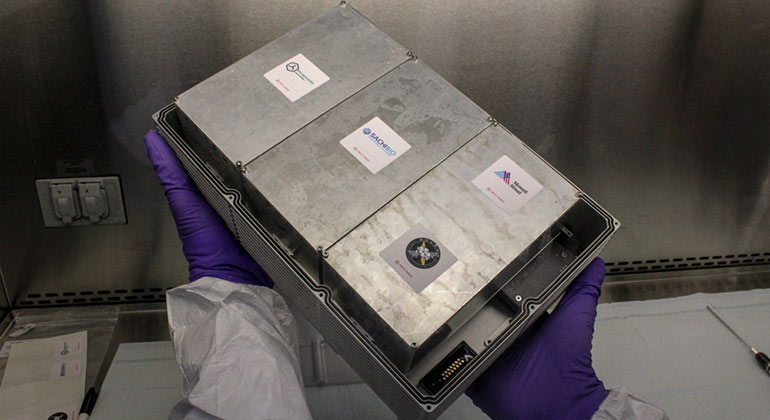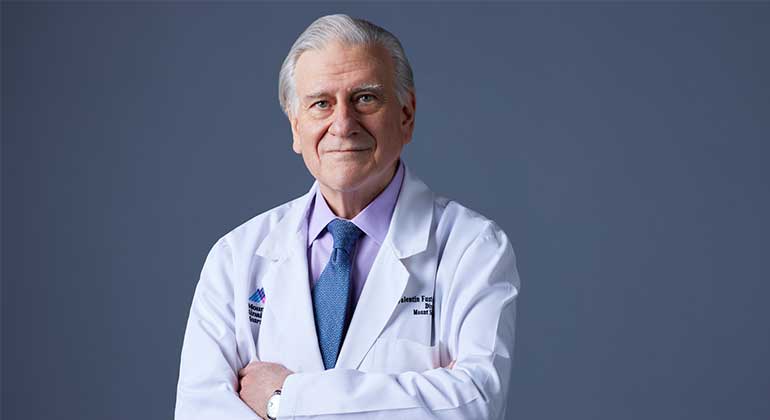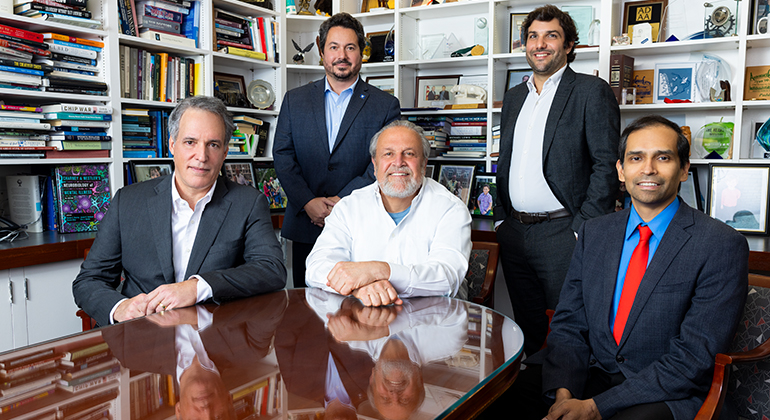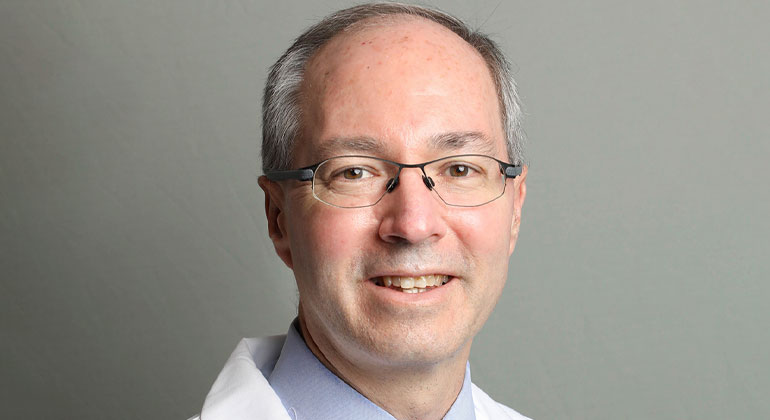Robotic-Assisted Ultrasound Imaging: From Trans-Atlantic Evaluation to Help in Day-to-Day Practice
New tele-robotic medicine breakthroughs may lend a virtual ‘helping hand’ to doctors, hospitals, and communities in need of ultrasound imaging evaluations.
While in Germany, Partho P. Sengupta, MD, of Icahn School of Medicine at Mount Sinai used a computer to perform a robot-assisted trans-Atlantic ultrasound examination on a person in Boston. In another study Kurt Boman, MD, of Umeå University in Sweden in collaboration with Mount Sinai, showed how a cardiologists video e-consultation, coupled with a remote robot-assisted echocardiogram test, dramatically reduces the waiting time for a diagnosis faced by heart failure patients who live in a rural communities far from the hospital from nearly four months to less than one month.
These two Mount Sinai research studies appear simultaneously in the August issue of the Journal of the American College of Cardiology-Imaging.
"The two studies give us a glimpse of what to expect in the near future, a patient-friendly imaging technology at your doorstep," says Jagat Narula, MD, PhD, the senior author of both research studies who serves as the Director of the Cardiovascular Imaging Center and Associate Dean of Global Research at Icahn School of Medicine at Mount Sinai.
"These studies lift the robotic imaging and telemedicine to the next level," says Sherif F. Nagueh, MD, Medical Director of the Echocardiography Laboratory at the Methodist DeBakey Heart and Vascular Center in Houston, Texas who authored the accompanying editorial about the two studies in JACC-Imaging.
"Our first-in-man experiment shows long-distance, telerobotic ultrasound examinations over standard internet are possible," says Dr. Sengupta, who is Director of Cardiac Ultrasound Research at Icahn School of Medicine at Mount Sinai and Chair of the New Technology Task Force at the American Society of Echocardiography. "Our successful experiment opens up a new frontier for the use of remote, robotic ultrasound imaging that could potentially be more efficient and cost-effective overall for healthcare access and delivery."
In the first study, Principal Investigator Dr. Sengupta and researchers tested the use of a small, lightweight robotic-arm with built-in ultrasound technology stationed in Boston and connected to a personal computer with a low-bandwidth Internet connection in Munich, Germany. The robotic ultrasound exam of a persons carotid artery in their neck was completed in just four minutes.
"This feasibility and time-efficiency of long-distance, telerobotic ultrasound may help expand the role of imagers to care for patients online virtually lending a true 'helping hand' remotely and providing a patients care team expert guidance," says Dr. Sengupta of Mount Sinai. Interestingly, in the study experiments both advanced experts and early trainees on robotic ultrasound were able to operate the telerobotic technology.
In the second study, Dr. Boman and colleagues randomized half their study patients to remote consultation and the other half to standard of care referral to the hospital. Remote consultation and the robotic echocardiogram exam were conducted on the same day of a patients visit to their local Primary Healthcare Center located more than 100 miles away from the hospital. Study results show, the total diagnostic process time was significantly reduced from 114 to 27 days in those patients receiving remote consultation. Also, the patients wait time until obtaining a specialist consultation was reduced from 86 to 12 days, with 95 percent of remote consult patients claiming remote consult to be a superior strategy.
"As a result of our pilot study, we were able to establish a safe and efficient e-health solution to improve the comprehensive, convenient examination of suspected heart failure patients in a rural community of northern Sweden and improve their physician care teams communication," says Dr. Narula of Mount Sinai. "This pilot study may serve as a future model for use of e-consults and robotic imaging in similar rural communities to improve access to specialists and the latest diagnostic technology globally."
"In clinical medicine, the use of more portable low-cost, safe, non-radiation using ultrasound imaging technology is growing for diagnosis, patient monitoring, and procedural, and surgical planning," says Valentin Fuster, MD, PhD, Director of Mount Sinai Heart at Icahn School of Medicine at Mount Sinai and the new Editor-in-Chief of the Journal of the American College of Cardiology (JACC). "The technology may be key to accelerating greater local and global healthcare access more efficiently and cost-effectively for patients, doctors, communities, and hospitals in need."
According to researchers, on-demand, virtual robotic ultrasound could be used in a wide variety of clinical setting collaborations ranging from timely in-hospital or emergency room patient imaging studies, community screenings, or even within dangerous locations such as war zones.
About the Mount Sinai Health System
Mount Sinai Health System is one of the largest academic medical systems in the New York metro area, with 48,000 employees working across seven hospitals, more than 400 outpatient practices, more than 600 research and clinical labs, a school of nursing, and a leading school of medicine and graduate education. Mount Sinai advances health for all people, everywhere, by taking on the most complex health care challenges of our time—discovering and applying new scientific learning and knowledge; developing safer, more effective treatments; educating the next generation of medical leaders and innovators; and supporting local communities by delivering high-quality care to all who need it.
Through the integration of its hospitals, labs, and schools, Mount Sinai offers comprehensive health care solutions from birth through geriatrics, leveraging innovative approaches such as artificial intelligence and informatics while keeping patients’ medical and emotional needs at the center of all treatment. The Health System includes approximately 9,000 primary and specialty care physicians and 11 free-standing joint-venture centers throughout the five boroughs of New York City, Westchester, Long Island, and Florida. Hospitals within the System are consistently ranked by Newsweek’s® “The World’s Best Smart Hospitals, Best in State Hospitals, World Best Hospitals and Best Specialty Hospitals” and by U.S. News & World Report's® “Best Hospitals” and “Best Children’s Hospitals.” The Mount Sinai Hospital is on the U.S. News & World Report® “Best Hospitals” Honor Roll for 2024-2025.
For more information, visit https://www.mountsinai.org or find Mount Sinai on Facebook, Instagram, LinkedIn, X, and YouTube.

Skipping Breakfast May Compromise the Immune System
Feb 23, 2023 View All Press Releases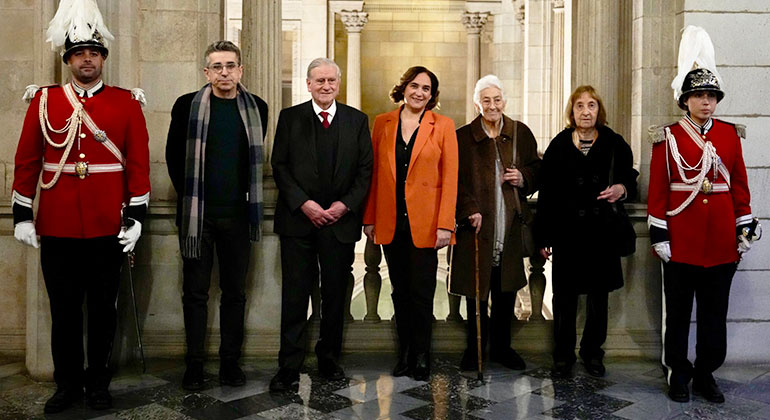
Valentin Fuster, MD, PhD, Receives Prestigious Award from City of Barcelona, Spain
Jan 23, 2023 View All Press Releases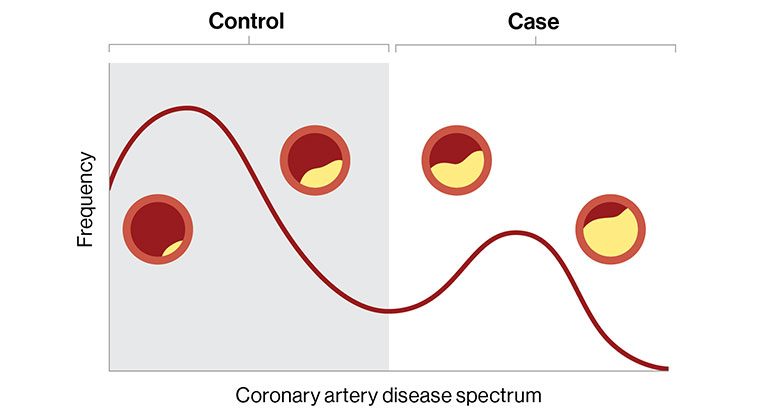
Digital Marker for Coronary Artery Disease Built by Researchers at Mount Sinai
Dec 20, 2022 View All Press Releases